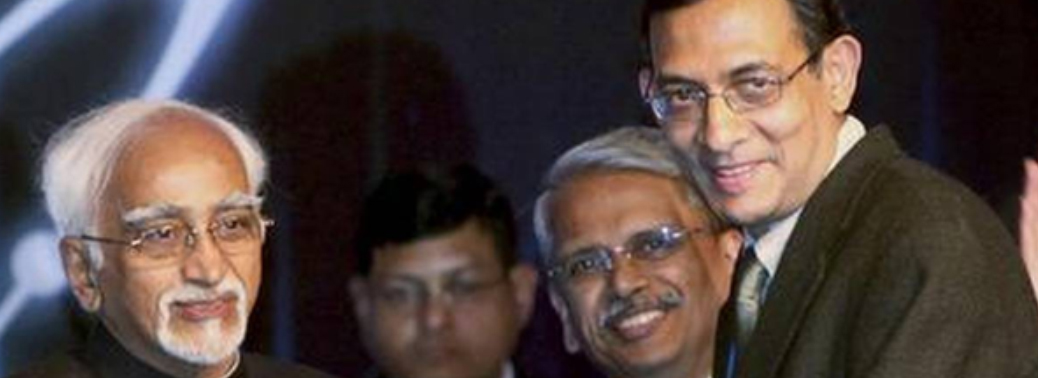NOBEL PRIZE FOR ECONOMICS
15, Oct 2019

Why in News?
- The Royal Swedish Academy of Sciences has decided to award the 2019 Sveriges Riksbank Prize in Economic Sciences in Memory of Alfred Nobel, popularly called the Nobel Prize in Economics, to Abhijit Banerjee, Esther Duflo, and Michael Kremer “for their experimental approach to alleviating global poverty”.
About the Awardees:
- While Dr.Banerjee (Indian-born American economist) and Dr.Duflo are both affiliated with the Massachusetts Institute of Technology, Dr.Kremer is with Harvard University. Dr. Banerjee and Dr. Duflo, who are incidentally married to each other, have had a long history of conducting research together, often collaborating with Dr. Kremer as well.
- The three will equally share the prize money of 9 million Swedish krona (about $916,798 and ₹6.53 crore).
Achievements of the Awardees:
- The laureates have, since the mid-1990s, sought to introduce a new approach to obtaining reliable answers about the most effective ways to combat global poverty.
- Rather than focussing on big-picture questions, they divided the issue into smaller, more manageable and measurable questions.
- They then showed that these smaller questions could be best answered through carefully designed experiments among the people who are most affected.
- This thought process has resulted in what are called randomised control trials, previously used in the pure sciences and in clinical drug trials, to be deployed in the social sciences.
Resultant of their Work:
- The resultant of their tiring work was a large number of concrete results on specific mechanisms behind poverty and specific interventions to alleviate it.
Examples:
1.On schooling, strong evidence now shows that the employment of contract teachers is generally a cost-effective way to improve student learning, while the impact of reduced class size is mixed, at best.
2.On health, poor people’s investment in preventive care has been shown to be very sensitive to the prices of health products or services, giving a strong argument for generous subsidies to such investments,” the paper added.
3.On credit, growing evidence indicates that micro-finance programmes do not have the development effects that many had thought when these programmes were introduced on a Large Scale.
About Nobel Prize:
- Alfred Nobel, a Swedish chemist, engineer, industrialist, and the inventor of dynamite, in his last will and testament in 1895, gave the largest share of his fortune to a series of prizeswhich were collectively came to be known as the “Nobel Prizes”.
- The awards are started from the year of 1901 for five different fields and in the year 1969, the field of Economic sciences was also included.
- The Nobel Prizes are widely regarded as the most prestigious awards given for intellectual achievement in the world.
- The Nobel Memorial Prize in Economic Sciences, officially known as The Sveriges Riksbank Prize in Economic Sciences in Memory of Alfred Nobel, is an award funded by Sveriges Riksbank and is annually awarded by the Royal Swedish Academy of Sciences to researchers in the field of economic sciences. The first prize was awarded in the year 1969.
- The various awards that forms the group of “Nobel Prizes” are as follows:
1.Nobel Prize for Physics
2.Nobel Prize for Chemistry
3.Nobel Prize for Physiology or Medicine
4.Nobel Prize for Literature
5.Nobel Prize for Peace.
6.Nobel prize for Economic Sciences (added only in the year 1969)












